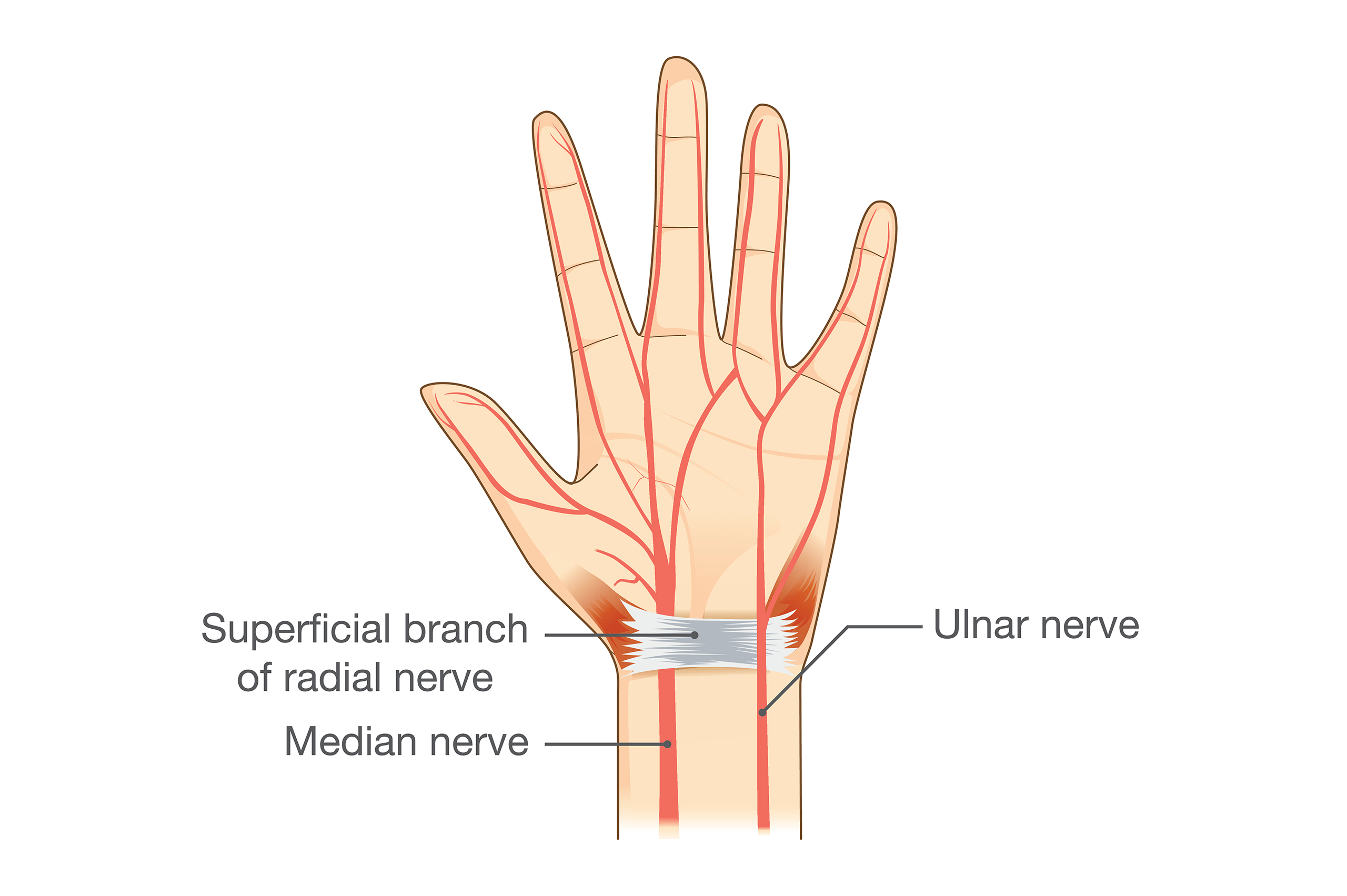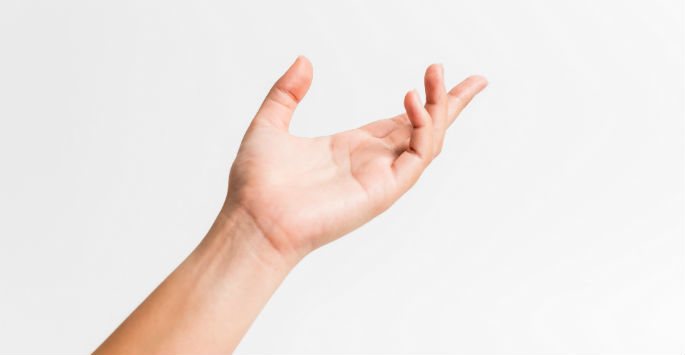Even the thought of cutting a nerve in your finger can send a chill up your spine. If you truly do cut the nerve itself, this really is as serious as it sounds, and you should seek care as soon as possible. The sooner you get help for a damaged nerve in your finger, the more likely it is that full functionality can be restored.
However, if the injury is not deep enough to sever the nerve, your hand can usually heal itself without surgery, although you still should seek emergency treatment when necessary.
What are nerves, really?
“This is getting on my nerves.”
“You really cut a nerve with that comment.”
“I’m nervous.”
Do these phrases and idioms really relate to what nerves really are and what they do? Well, yes, they do — in a sense — when you think of it in terms of nerves sending signals to your brain, which controls your emotions.
In simple terms, the body has two primary nervous systems: the central nervous system and the peripheral nervous system. The central nervous system includes the brain and spinal cord. The peripheral nervous system is located outside of this area throughout the body.
Peripheral nerves transmit electric impulses into or away from the central nervous system as a form of communication. It’s essentially a communication network.
The peripheral nervous system consists of more than 100 billion nerve cells, or neurons. They run throughout the body like wires, connecting the brain to other parts of the body or various parts of the body with each other.
The peripheral nerves are made of bundles of nerve fibers, which are wrapped with layers of tissue that form what is known as the myelin sheath. The myelin sheath is responsible for speeding up nerve impulses, the intensity of which vary depending on their and the amount of tissue around them.

How many nerves are in your hands?
Although there are a countless number of nerve cells, there are three primary nerve systems in your hands, wrists, and arms.
1. Ulnar nerve
The ulnar nerve is located at the pinky finger and the adjacent side of the ring finger. It provides sensations on the palm side of the hand. It travels up through the elbow and is responsible for the pain we feel when we bump our elbow.
2. Radial nerve
The radial nerve is responsible for sensations at the back of the hand at the little finger and the other half of the ring finger.
3. Median nerve
The median nerve starts at the shoulder and enters the hand through the carpal tunnel in the wrist. The median nerve is responsible for sensations in the thumb, index finger, middle finger, and part of the ring finger.
What happens if you cut or damage a nerve in your finger?
Many of us are familiar with the throbbing pain of a cut or injured finger. If you cut your finger and it is bleeding, the first step is to apply pressure to stop the bleeding. If the bleeding does not stop, you should go to your nearest hospital or urgent care facility, as you may need stitches.
If the sheath that covers the nerve remains intact after a cut, only the nerves farthest from the brain will be affected and die. (In other words, the deeper the cut, the closer it is to the nerve itself.) However, those can heal and grow back over time. Surgery is usually not necessary, but you will need to have the injury addressed by a medical professional for optimal healing.
If the injury is deep enough, you should seek emergency care as soon as possible, which may entail surgery to reattach the severed ends of the nerve sheath to one another.
In some cases, the cut may be deep enough that it damages the nerve itself. If that happens, the gap between the two parts of the nerve will have to be repaired, usually through a nerve graft from another part of the body. Another possibility is using a synthetic nerve conduit to bridge the gap in the nerve.
If the nerve in your finger was damaged due to a crushing injury, you may have to wait for the initial crush trauma to heal before the nerve damage can be addressed.
If you have damaged or cut a nerve in your finger, it’s important to seek care as soon as possible. If the need for treatment is urgent, go to your nearest emergency room. Otherwise, contact one of our hand surgery offices, located in West Bloomfield, Warren, Howell, and Macomb, for treatment as soon as possible.















